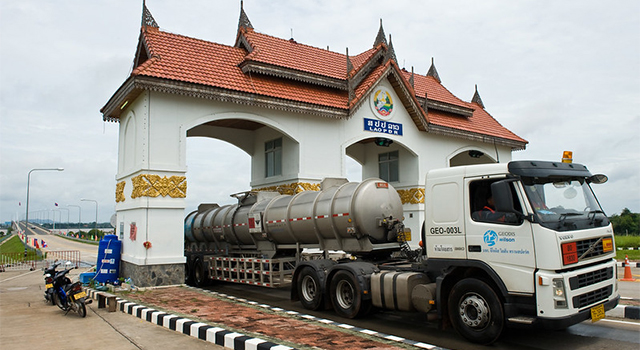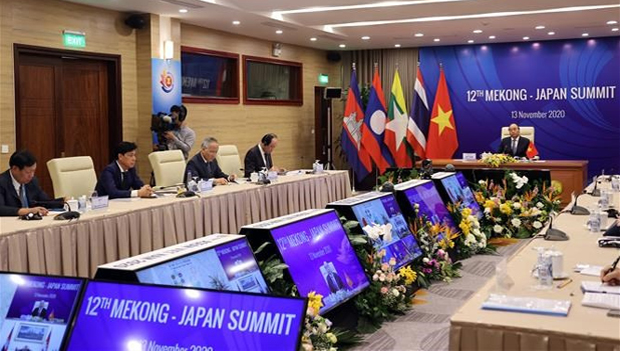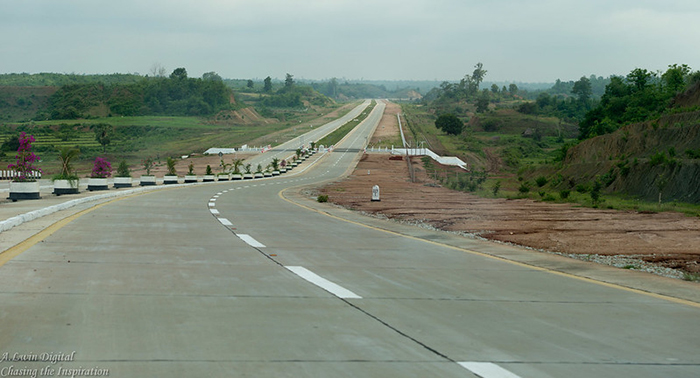11th CLV Summit Commits to Strengthen Development Triangle Area
Cambodia, Lao PDR, and Viet Nam (CLV) Leaders expressed their firm commitment to strengthen the CLV Development Triangle Area (DTA) in order to accelerate economic growth, alleviate poverty, and promote socio-cultural progress in the subregion. At the 11th CLV Summit held online on 9 December, they adopted a Joint Declaration that provides a foundation for the subregion’s socio-economic development plan until 2030 and the Tourism Development Plan. They also adopted the Development Plan for Sustainable Rubber Industry.








